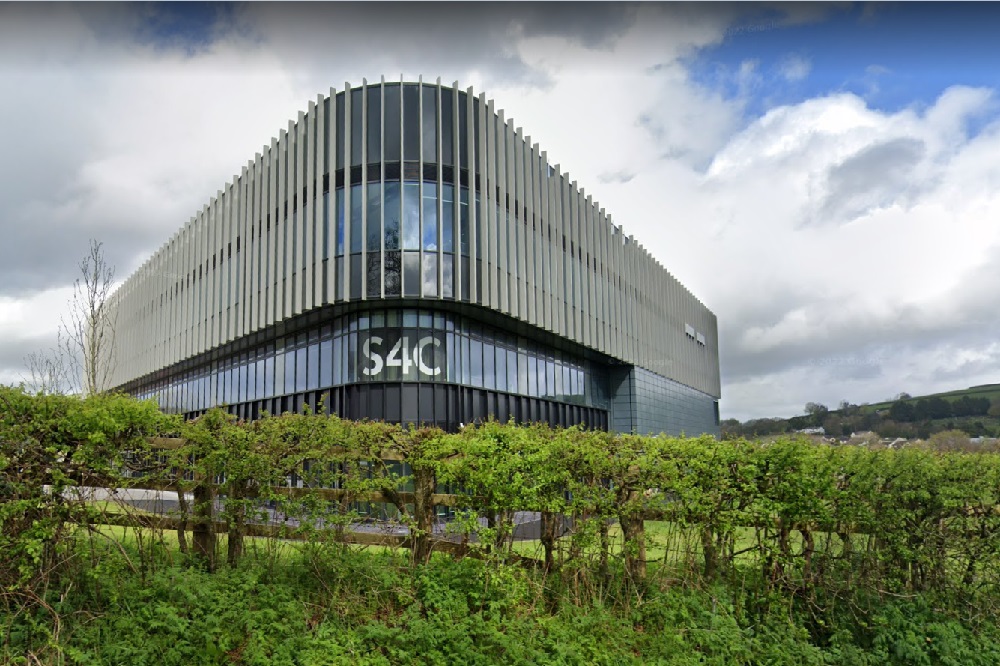S4C troubles: the case for a Communications Authority for Wales

Professor Tom O’Malley, Mike Birtwistle
Nobody is able to look at S4C’s recent internal troubles, the indifference and ignorance of the Westminster Government, and argue that it is an example of a successful and healthy broadcasting framework.
From the spread of misinformation and extreme right-wing ideology, through broadcasters such as GB News, to the decline of community, Welsh and local media platforms, the failures of four DCMS Secretaries of State to meet the S4C Chairman, the British broadcasting framework is failing Wales.
To a large extent, this situation is the result of the deliberate policy of the UK governments for decades and the regulator Ofcom. Since the introduction of the Communications Act 2003, the British broadcasting and communications system has been based on ‘light-touch’ regulation.
It is in that light that S4C’s recent troubles should be interpreted – another in a long list of the UK broadcasting framework’s failures that places so much prestige on the free market and commercialisation. That is not why S4C was established and its purpose does not fit with such a mindset. To some extent, the core of S4C’s weaknesses is the Thatcherite model of outsourcing imposed on it and the increasing pressure to emulate the free market.
Therefore, it is not just problems of misconduct by individuals that are at work, but neo-liberalism imposed from above on a public service broadcaster.
This is an important aspect that has been under-discussed in the recent debates – the underlying structural questions.
S4C needs to be respected for what it is: a unique broadcaster that was only established because of grassroots action. It is the only example in Britain of a television channel coming into being thanks to popular campaigning. S4C’s recent extended existential crisis displays grave failings in the management, regulation and systems of scrutiny of the broadcaster. In particular the DCMS (Department of Culture Media and Sport) in Westminster has exhibited a lack of understanding of or interest in the state of the Welsh language channel. Indeed their behaviour in this situation alone proves the need for root and branch reform of the oversight of Welsh broadcasting.
For us, the latest difficulties facing Wales’ broadcaster highlight three structural challenges: financial, governmental and scrutiny.
Financially, we have seen continued attacks on public service broadcasting by the UK Government, with S4C receiving significantly less in real terms than it did in 2010, and it is now dependent on the licence fee for the majority of its funding, rather than the stable yearly sum from the Government. That dependence has not only shrunk the public sphere, but has undermined media pluralism and S4C’s independence.

In terms of its governance, since the S4C Authority was abolished as part of the cuts agreed in a dirty deal between the BBC and the Conservative Government in 2010, the scrutiny of officers’ decisions has been weakened. Not only is there no S4C Authority to supervise them, but there are now only 6 members of its unitary Board. Of those, 2 are former elected members of the Conservative Party – with no other party having similar representation. Basically, the Conservative Party has been appointing their political friends to the Board. By abolishing the S4C Authority and making clearly partisan appointments, the Conservative Government has created the circumstances that have allowed the current crisis to materialise.
In terms of scrutiny, the indifference of the British Government to the current crisis is there for all to see. Some have argued that the lack of involvement with the channel by officials and politicians in London has benefitted the broadcaster over the decades. But, when comparing the state of S4C with similar broadcasters in other countries and regions – it is clear that it has not flourished as it could have. Even more obvious examples of failures of scrutiny are the recent allegations along with the 2010 cuts and restructuring that were done overnight without consulting anyone in Wales.

Although these challenges are very significant, thanks to the agreement between Welsh Labour and Plaid Cymru, Wales is now fortunate to have a Government that is committed to the devolution of communication and broadcasting powers to our country. But not only that, but they are also committed to establishing a Shadow Communications Authority for Wales to prepare for gaining these new powers.
And that is where the hope lies, not just for S4C, but for our broadcasting and communication system in general.
New powers in those areas would put the devolved powers of the Senedd on the same level as many other sub-state nations and regions.
We wrote to the First Minister, Mark Drakeford, before Christmas to request a meeting to encourage him to continue with his plans for a Communications Authority for Wales.
In light of the current challenges – one of the first tasks of the new Authority will be to shape a new, alternative future for S4C as part of a wider framework for the communication framework in the country. One obvious area to look at is giving the channel the ability to produce programmes internally, for example from its headquarters in Carmarthen. That would put it on the same terms as Channel 4, which is set to gain the right to produce programmes in-house in the new Media Bill.
The new Communications Authority for Wales will also be the first opportunity to found our unique Welsh broadcaster on principles rooted in the Welsh political tradition – social partnership, public interests and democratic pluralism.
That is the great opportunity that the establishment of the new Authority and further devolution offers. We look forward to hearing from the First Minister about his exciting plans for the new body.
Support our Nation today
For the price of a cup of coffee a month you can help us create an independent, not-for-profit, national news service for the people of Wales, by the people of Wales.







De fund the BBC